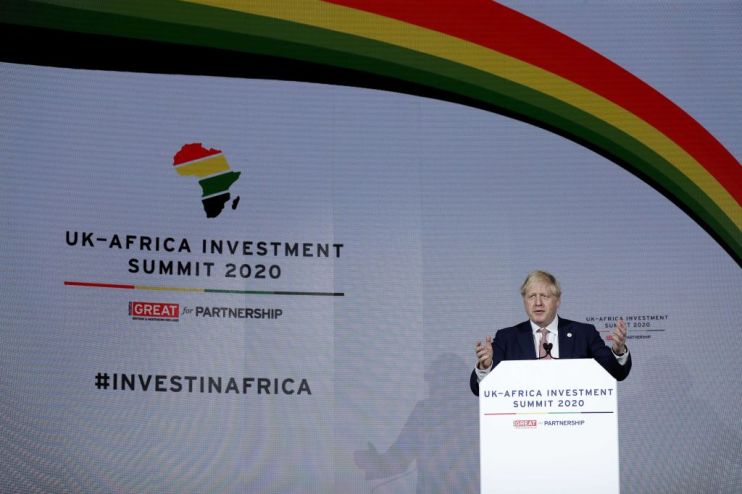UK ‘ready’ to set out EU and US trade deal red lines

The UK is poised to make clear what it wants from trade deals with both the EU and US, the government has confirmed.
With just 11 days until the UK leaves the EU, pressure is mounting on the Prime Minister to clarify his red lines if he is to meet his self-imposed deadline of December 2020 for a trade deal with the EU. It comes amid hopes that a parallel deal can be struck with the US.
The Prime Minister’s spokesman told journalists today: “We will be very clear about what we are looking to achieve in our future partnership.”
The UK’s position “will be set out in coming weeks”, he added.
Regarding US trade talks, the spokesman said Downing Street had “been making extensive preparations”, including consulting on its approach.
Sign up to City A.M.’s Midday Update newsletter, delivered to your inbox every lunchtime
“We will be setting out further details once we have left the EU, which is the point where we are able to start negotiating,” he added. “We are free from 1 February to begin talking to countries around the world, not just the EU.”
Over the weekend chancellor Sajid Javid confirmed that the UK would not seek alignment with EU standards. This position has been long-held and was in the Conservative manifesto, however there remains confusion about what exactly it means.
This morning the Prime Minister’s spokesman stressed the UK would be “in a position of equivalence” from which it would be possible to diverge at the government’s choosing.
“The type of agreement we are looking for is Canada-style FTA,” he said. “We will be in state of equivalence when we leave but from that point on it will be for the government to set our own rules.”
He added: “This should be very clear by now, it was written in black and white in the manifesto on which the government was elected.”
This morning the European Commission confirmed it would not be ready to begin talks until as late as March.
“The commission can adopt its proposal for the negotiation directives only once the UK has actually withdrawn from the EU, but then there is still an institutional process for these to be adopted by the [European] Council,” the chief spokesman said.
“This we know will take some time, which is why we have said we will start negotiations as quickly as we can, but it will certainly not be before the end of February, beginning of March.”